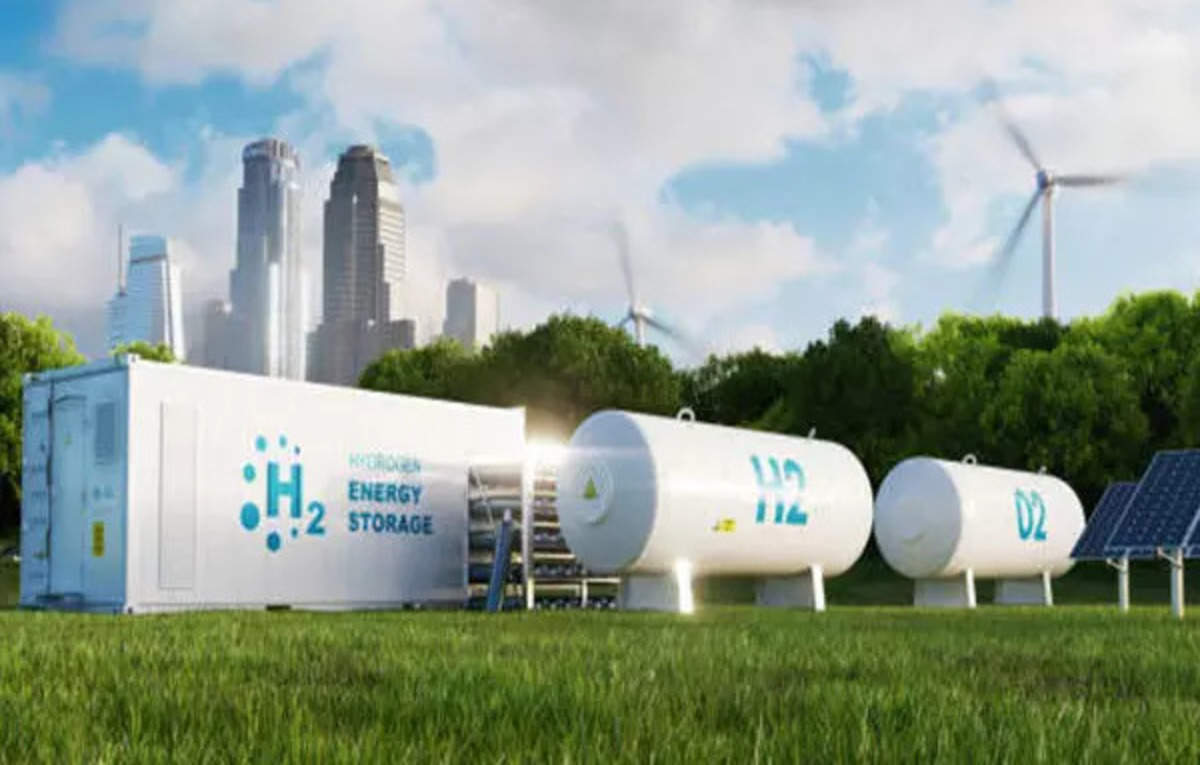India's Green Hydrogen Revolution: Driving Economic Growth and Energy Independence
Key Ideas
- Swati Salgaocar emphasized the importance of green hydrogen in India's clean energy future at the CII national summit.
- India aims to phase out coal and oil for industrial energy by 2050, replacing them with green energy and biomass.
- The state of Goa has set ambitious targets to establish pilot projects for green hydrogen and ammonia generation.
- With collaboration between public and private sectors, India strives to become a global leader in green hydrogen production by 2030.
Swati Salgaocar, the chairperson of CII's western region, highlighted the significance of green hydrogen in India's transition towards sustainable energy sources. At the CII national summit, Salgaocar stressed that by focusing on renewable energy goals, especially the research and production of green hydrogen, India can achieve both economic growth and energy independence. The state of Goa has announced plans to set up pilot projects for green hydrogen and ammonia generation, aligning with the national agenda to phase out coal and oil for industrial energy by 2050. Chief Minister Pramod Sawant's budget speech for 2023-24 indicated the state's commitment to this clean energy roadmap. With a strong emphasis on policy frameworks, public-private partnerships, and fostering innovation, India aims to lead the global green hydrogen production landscape by 2030. The collaborative efforts between the public and private sectors are key in realizing this vision and establishing India as a frontrunner in green hydrogen technology.
Topics
Projects
Renewable Energy
Innovation
Sustainability
Economic Growth
Public-private Partnerships
Policy Frameworks
Latest News
